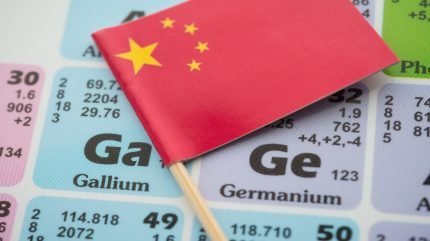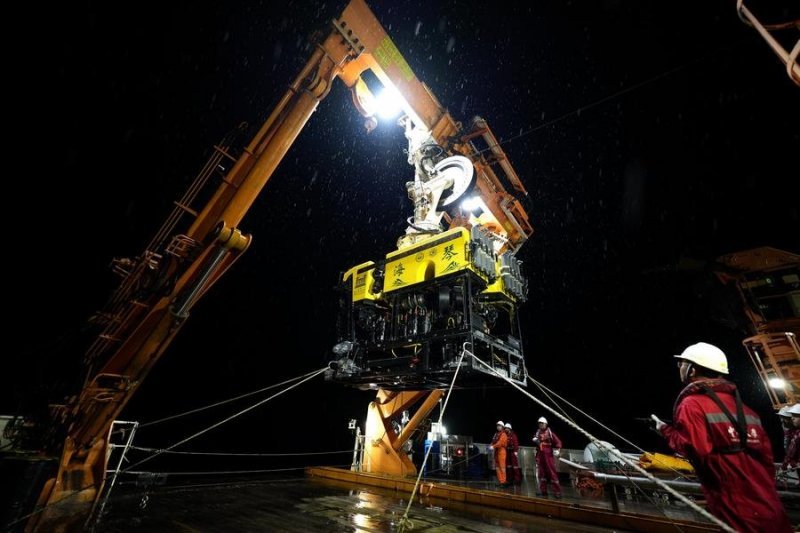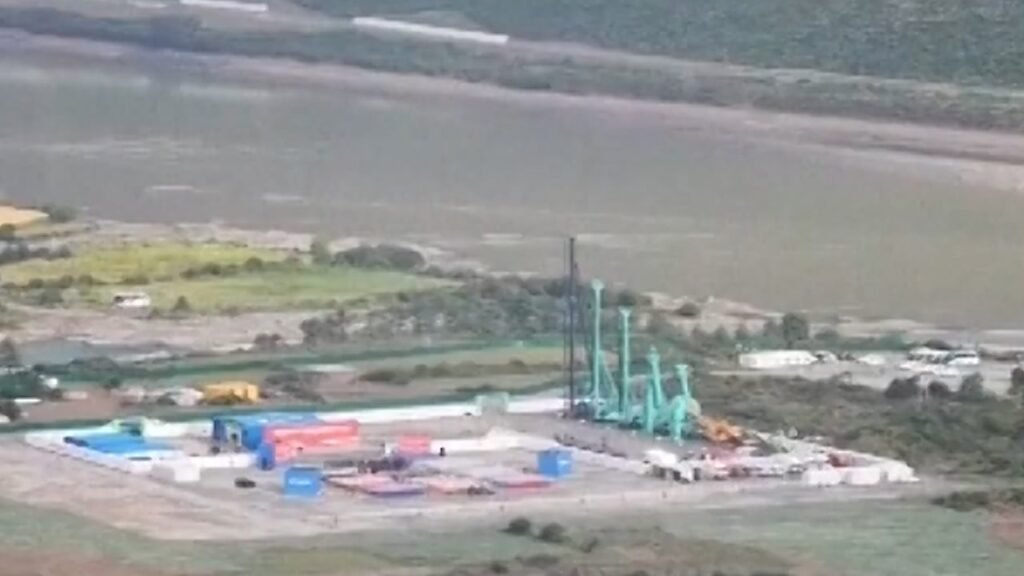US President Donald Trump said on Monday that China must ensure the US supply of rare earth magnets or face 200 per cent tariffs, and that he will continue to allow Chinese students into the country.
“They have to give us magnets,” otherwise “we have to charge them 200 per cent tariff or something”, Trump told reporters while meeting South Korean President Lee Jae Myung at the White House. He conceded, though, that such high duties would mean a breakdown in bilateral trade.
“We have a much more powerful thing, that’s tariffs. If we want to put 100 per cent, 200 per cent tariffs on, we wouldn’t do any business with China,” he said.
“And you know, it would be OK too, if we had to. But the magnet situation, we have tremendous power over them, and they have some power over us.
“We have incredible cards, but I don’t want to play those cards. If I played those cards, that would destroy China,” he added, without further elaboration.
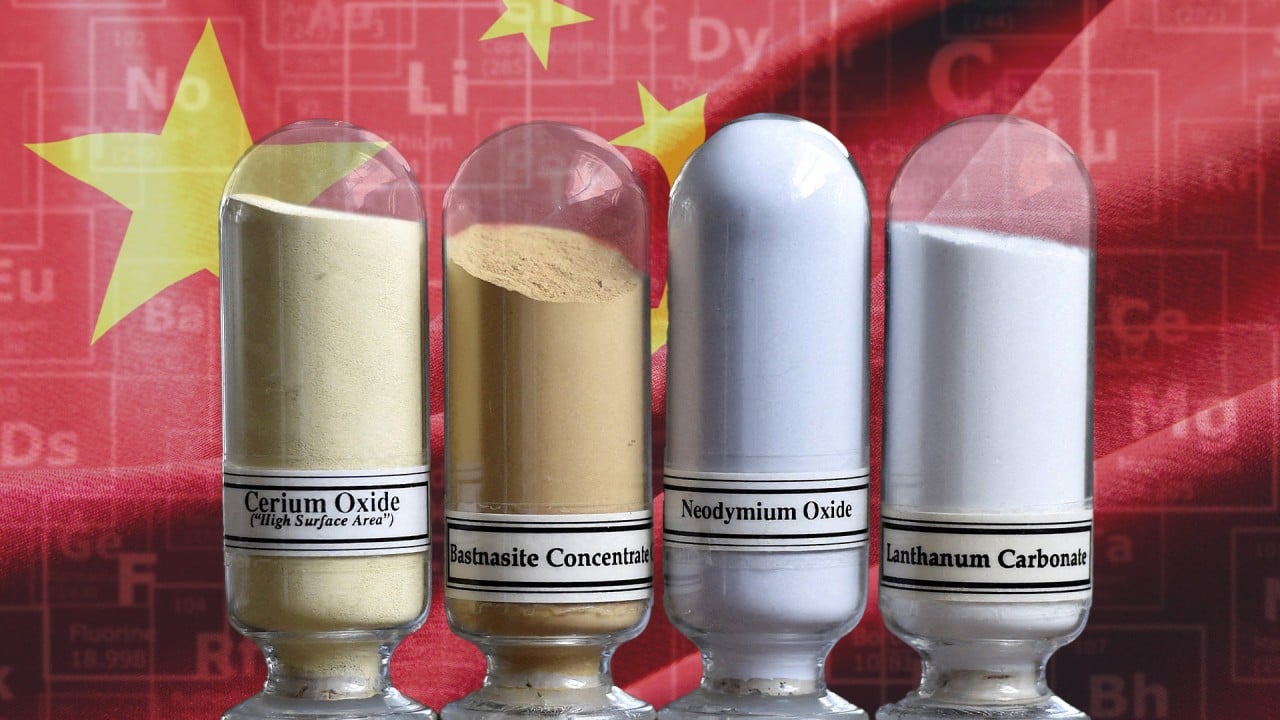
08:58
What are rare earths, and why is China’s dominance facing global pushback
What are rare earths, and why is China’s dominance facing global pushback

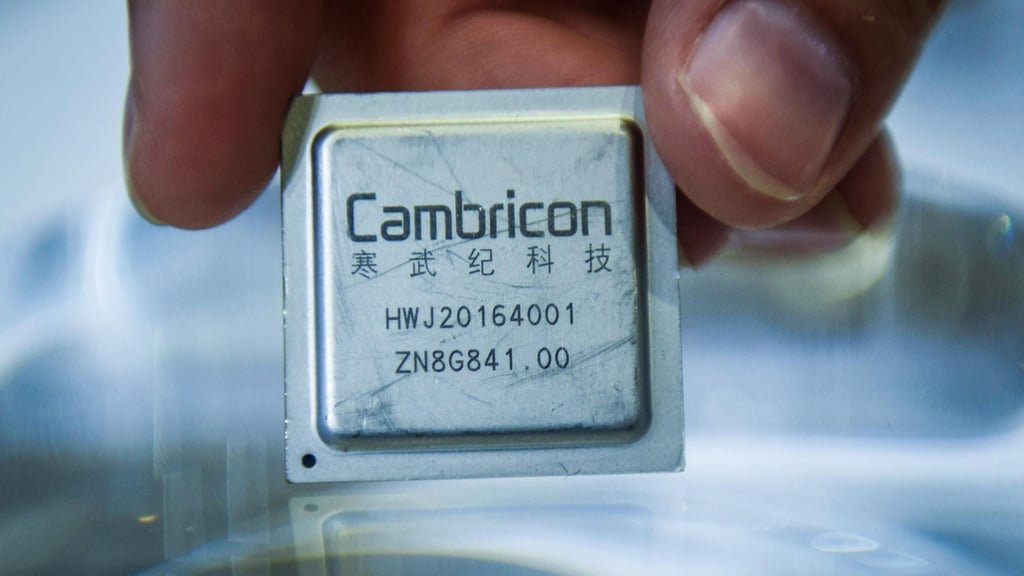
![[News] TSMC Reportedly Eliminates Chinese Equipment Use in 2nm Production as U.S. Rules Loom](https://koala-by.com/wp-content/uploads/2025/08/TSMC-WAFER-NO6-624x416.jpg)

